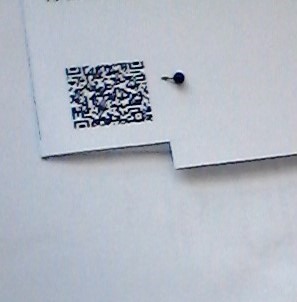We hear a lot about NHS being overworked and stretched to the limit because all injections are performed by doctors or nurses BUT WHY???
What we need is a micro finger pricking lancelet with a hole down the middle with the vaccine in a small squeezable rubberoid top that can be inject by the patient themselves.
All the time wasted by NHS can be saved and also the volumes of instructions for use, H&S warnings, and legal getout clauses in all different languages can be put into the QR code likes this church funding one. See attached. This can be posted to millions with no waste paper, injection paraphernalia, syringes etc. thus saving rubbishing the planet
